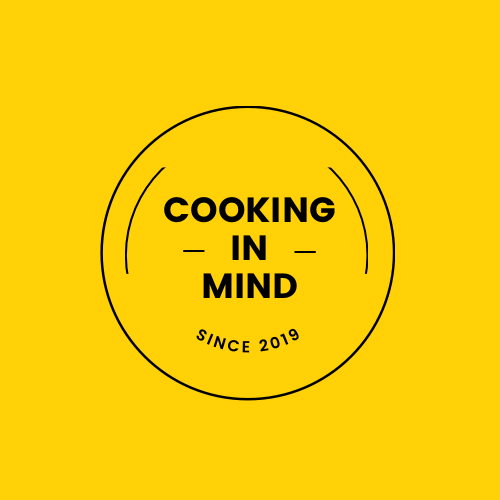Lets be honest about where the industry is now.
Read my bio and you’ll see what I want to achieve, see what we have to achieve.
I thought my first blog post should be simply looking at where we are now. A big part of the reason I want to write this is to see if my thoughts are the same in a years time.
I’ve very much only started the conversation.
Is working in a professional kitchen a mentally healthy thing to do?
The extreme is to simply say no. I have spoken to many a chef who has answered with that. I wouldn’t shoot them down but I definitely don’t think that it is always the case and it simply cant be like that. What if all chefs stop being chefs? Where will you take your mum out for mothers day? Where will you get a burger when you’re hungover and couldn’t possibly cook it for yourself?
Right now we are in a place where the food industry is growing, however the popularity of being a chef is going down.
The simple reason that being a chef is becoming less popular is down to the fact the jobs being asked for by employers are not very appealing. They are demanding a level of commitment not matched in other industries.
“Its always going to be long hours, anti-social hours, limited holiday opportunities, no breaks, low pay; that’s what being a chef is”
How long do we really think this will last? I hear it compared to being a nurse for example. Really? The commitment from a job that saves lives cannot be compared to a job that offers somebody a plate of food which lets be honest, you could make yourself. It should be compared to a builder, where breaks are enforced and where you would only work a weekend for double pay.
I love the industry is my truth. I have been addicted for a lot of years. But I know that the conditions have become too much for me. My mission is to get everyone talking about how we can make this better. It is not in any way to talk to chefs and tell them to run away and leave the industry. Being a chef is fulfilling and gives you everything you need from a job. However, it has to evolve so that the best chefs stay as chefs.
If we can do this, not only will the industry be a wonderful thing for its workers but on the other side…
The food coming out of professional kitchens will get better!
The food that comes out of kitchens where the chefs are in control and happy is so much better. Ive witnessed it. Its fairly obvious really isn’t it? We used to believe that if chefs were scared then they wouldn’t make mistakes and the food would be great, right?
Its not true! This myth needs to be busted. I make mistakes when I’m anxious and scared of the consequence of a mistake. If chefs feel empowered, safe and respected then they will always give 100% and their focus will be on great cooking rather than the fear of failure.
Pressure is great, fear is bad.
At the moment I don’t think most head chefs or managers would know how to put pressure on one of their chefs without that becoming fear. I feel a lot of chefs would say that they spent years being scared of making a mistake and would therefore think it is their right to pass this onto their team. I’m here to fight myth.
I am aware that I will come across some very motivated, focused chefs who will say to me that we need to ‘Man up’ or ‘Toughen up’ and if this is you then I’d like to talk to you about it. Are there elements of this can use to give focus? Should we replace it with a better rhetoric?
I am interested in how many chefs would recommend to their children that they should follow in their parents steps? Not many I would think.
Lets talk about it chef.



